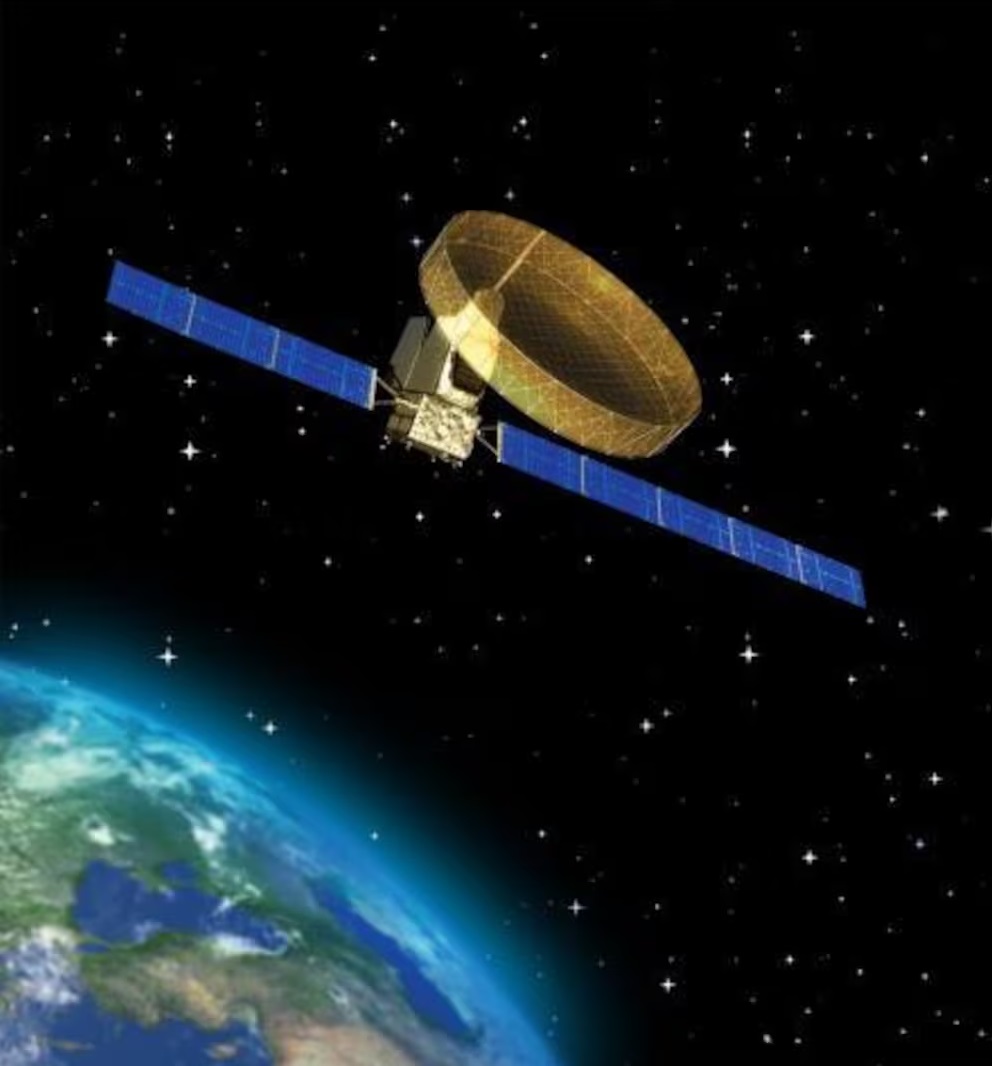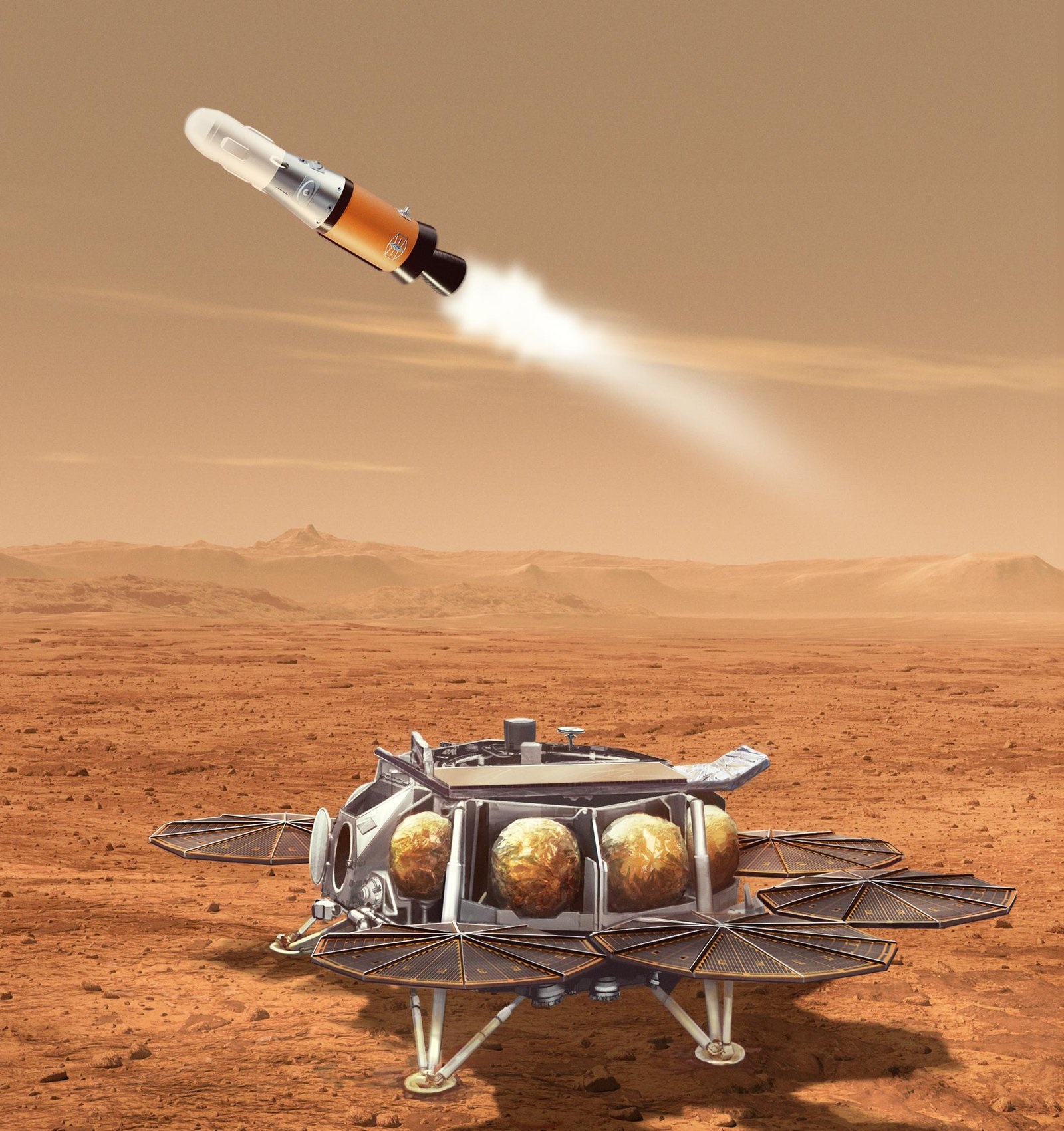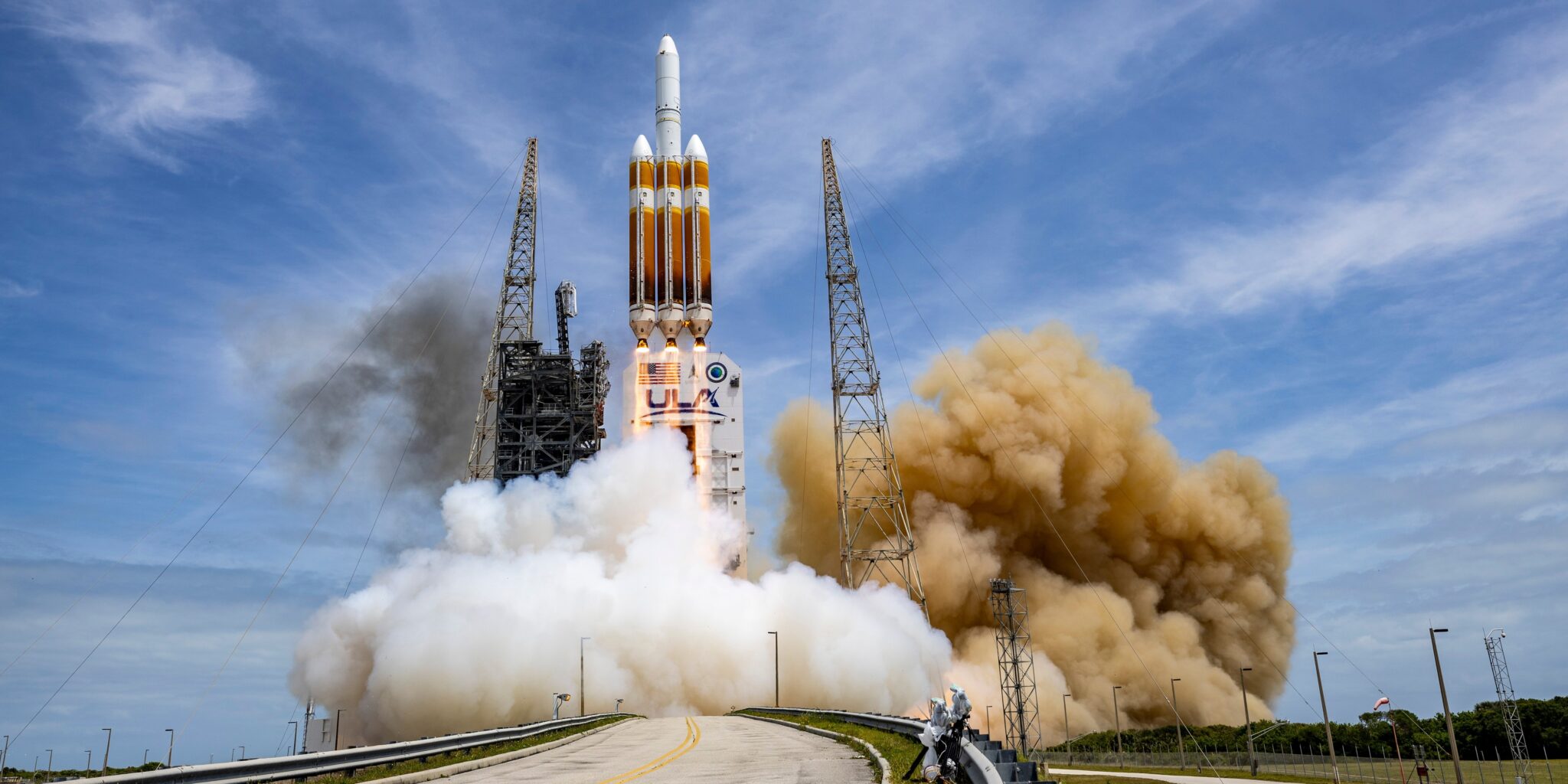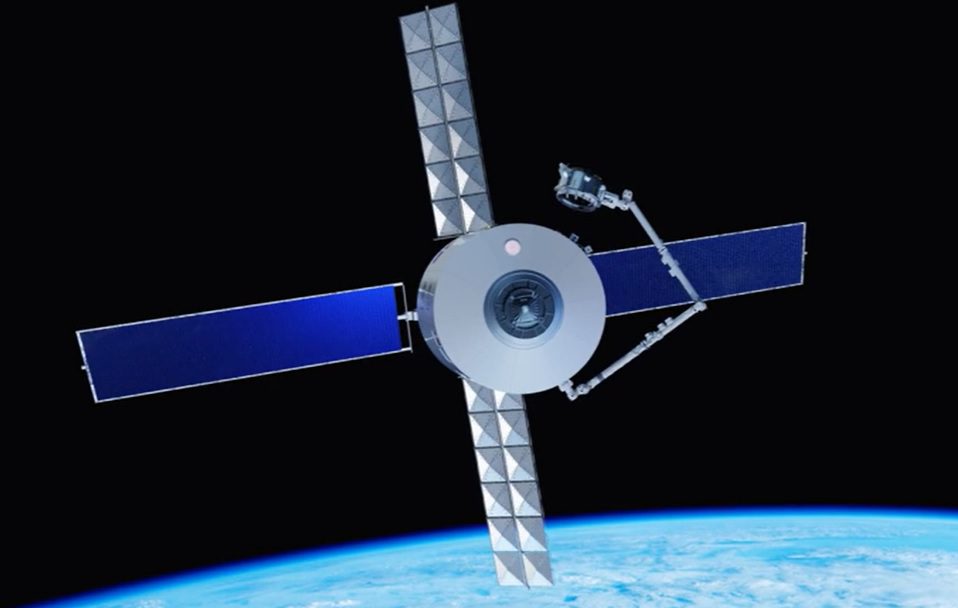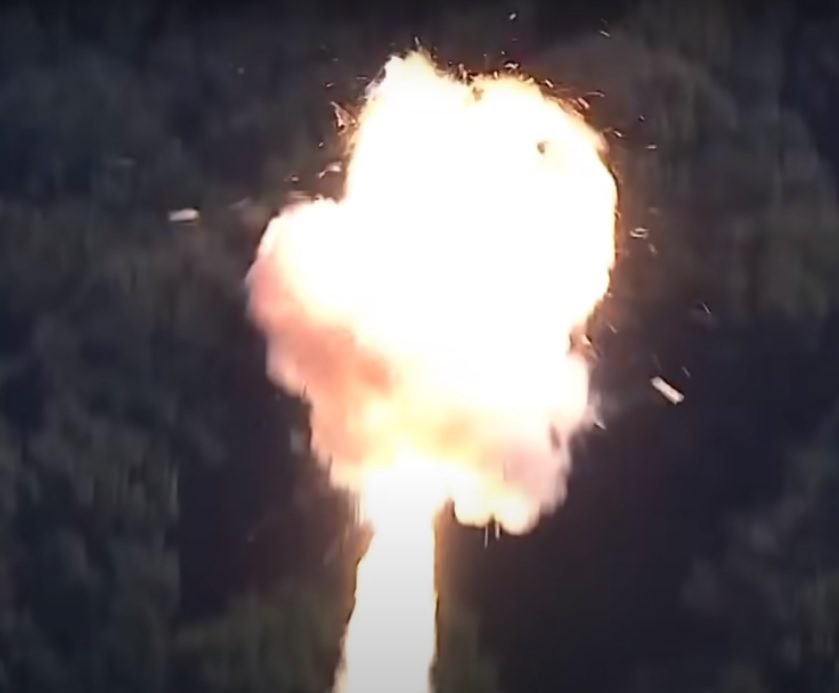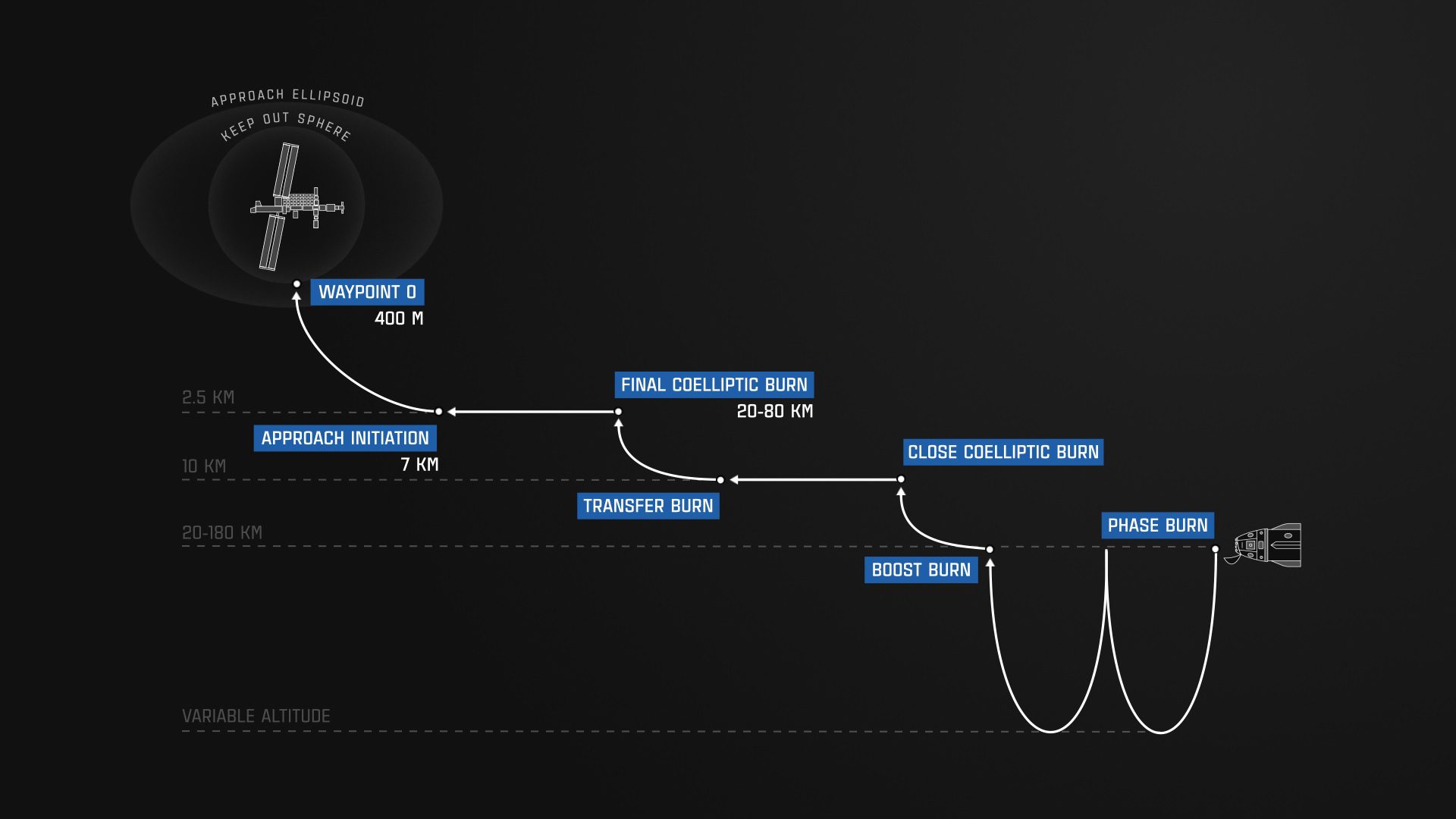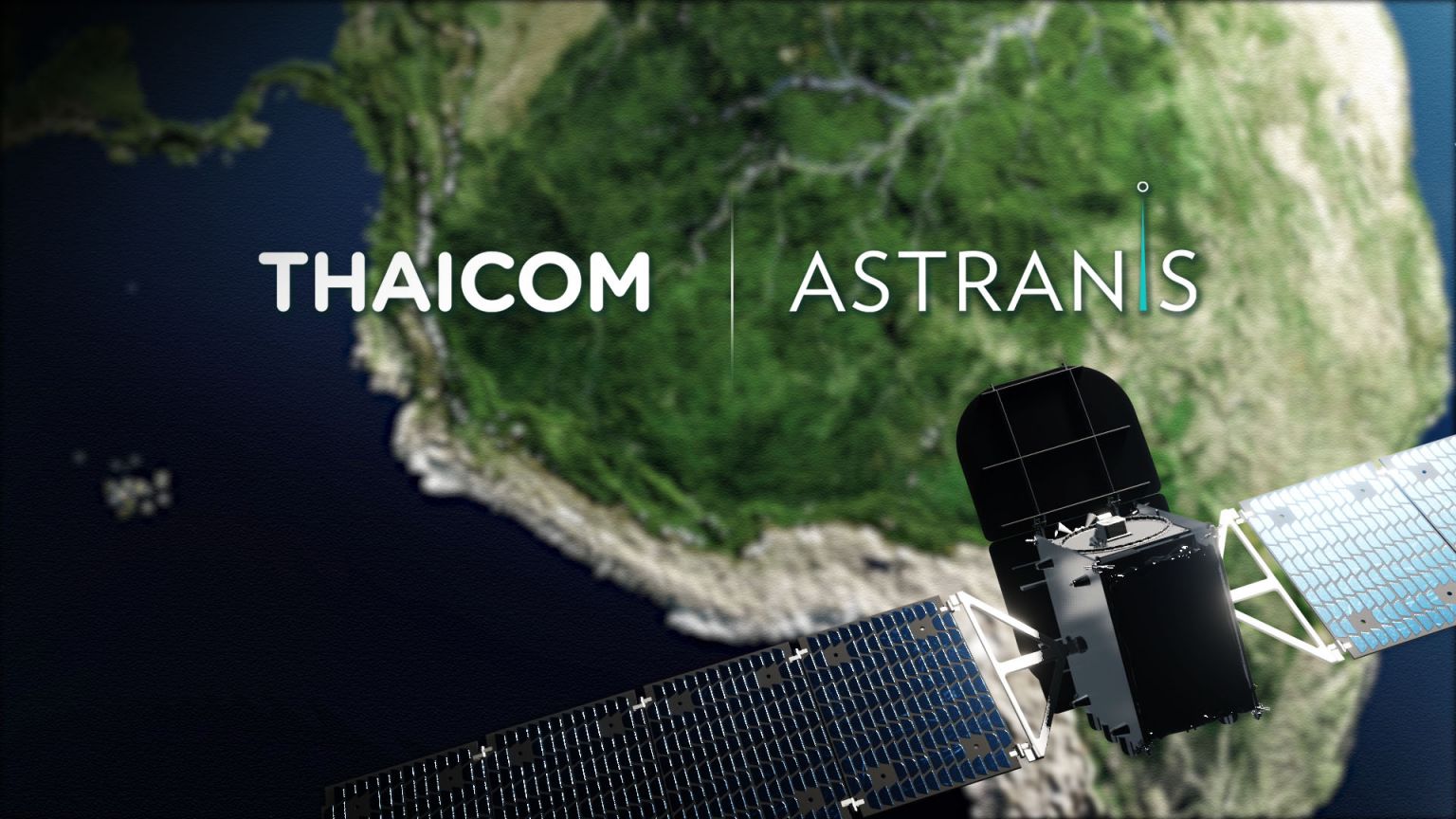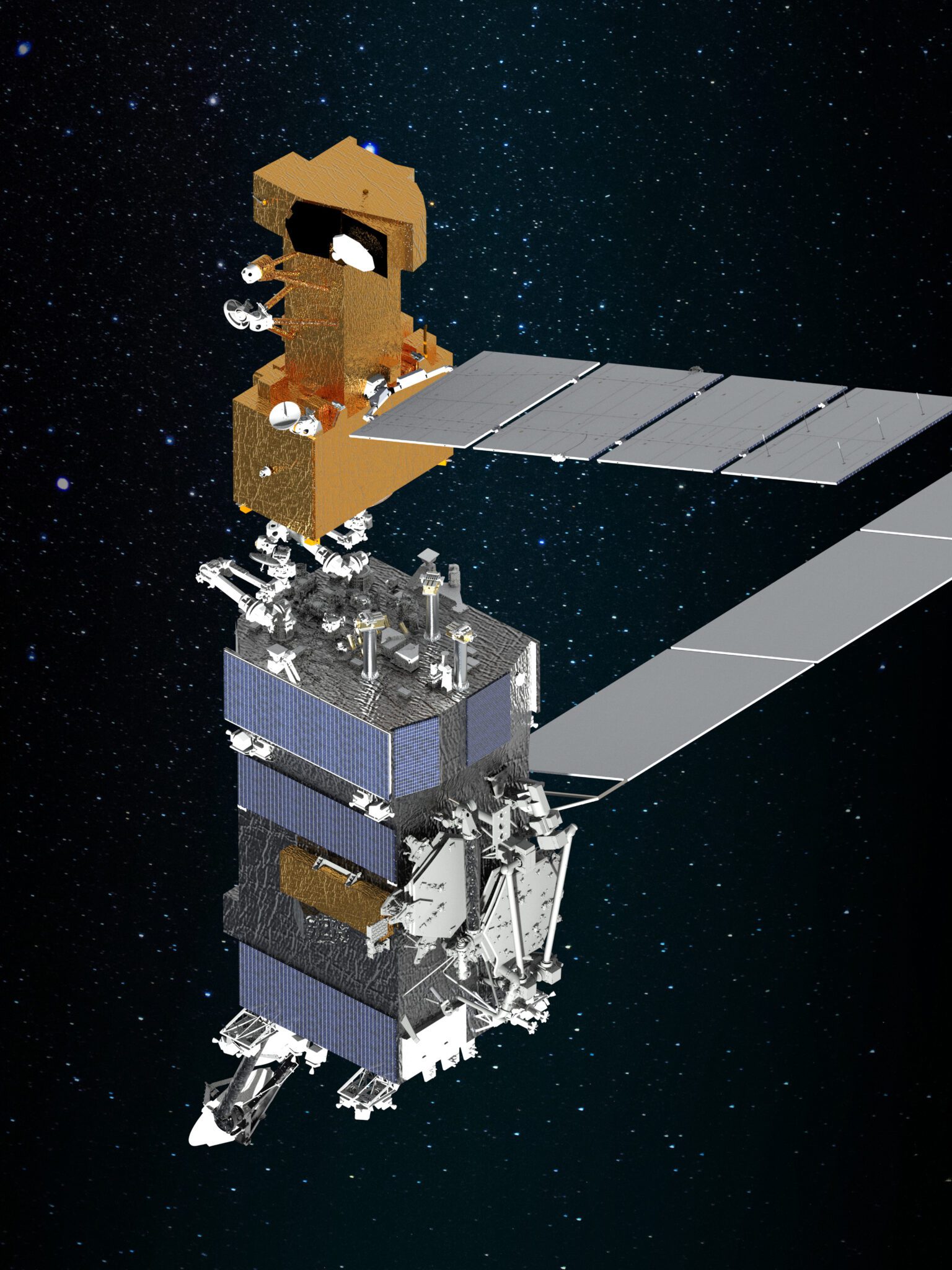NASA has announced that the Argentinian SAC-D spacecraft failed in orbit on 8 June 2015, one year before the end of its five year design life. SAC-D was launched on 10 June 2011. The cause of the failure was due to the failure of a remote terminal unit which effected the power regulation of the spacecraft and prevented proper spacecraft stabilisation via its attitude control system. Owned and operated by CONAE – Argentina’s space agency in conjunction with NASA, the 1,350kg spacecraft was built by Argentina’s INVAP organisation. It was carrying the Aquarius instrument for NASA which was remotely measuring salinity in oceans and soil moisture on land. The sensor had a three year design life so achieved its mission objectives.
Argentina’s SAC-D fails in orbit taking NASA Aquarius instrument with it
by David Todd | Jun 18, 2015 | NASA, Satellites, Science | 0 comments
About Seradata
Seradata produce the renowned Seradata database. Trusted by over 100 of the world’s leading Space organisations, Seradata is a fully queryable database used for market analysis, failure/risk assessment, spectrum analysis and space situational awareness (SSA).
For more information go to https://www.seradata.com/product/
Related Articles
Middle Eastern satellite operator Yahsat's subsidiary Thuraya has lost one of its satellite fleet - or rather it has lost Read more
The cost of NASA’s Mars Sample Return project has risen from a projected US$5.3 billion to US$11 billion, prompting many Read more
Two major launches happened in early April. One was a swansong launch: the Delta IV Heavy's last flight. The other Read more
We're keeping an eye on space news, so you don't have to. Here is our round-up of the most important, Read more
Matthew Wilson, Seradata Reporter and Data Manager, reports from the Satellite 2024 conference in Washington, US, starting with the opening Read more
The maiden flight of the Japanese commercial KAIROS (Kii-based Advanced and Instant Rocket System) launch vehicle ended in failure after Read more
Crew Dragon Endeavour, with NASA Crew 8 onboard, was successfully launched on a SpaceX Falcon 9 from Kennedy Space Centre, Read more
GEO satellite contracts Typifying how the geostationary orbit (GEO) market has moved to small spacecraft for smaller regional operators, GEO Read more
Farah Ghouri looks back at the life, barely begun, of OSAM-1 after the refuelling demonstration mission is axed by NASA Read more
Recent Posts
- Thuraya-3 satellite’s comms payload fails in orbit
- International Space Station battery debris falls on Florida house….should Keraunothnetophobics be afraid? Probably not
- US Navy makes Exo-atmospheric missile interception to aid defence of Israel from Iran’s mass missile and drone attack
- Analysis: spiralling costs may spell end of the line for Mars Sample Return
- It’s Goodbye to the Delta IV Heavy from Cape Canaveral and Hello to a new version of Angara-5 flying from Vostochny

